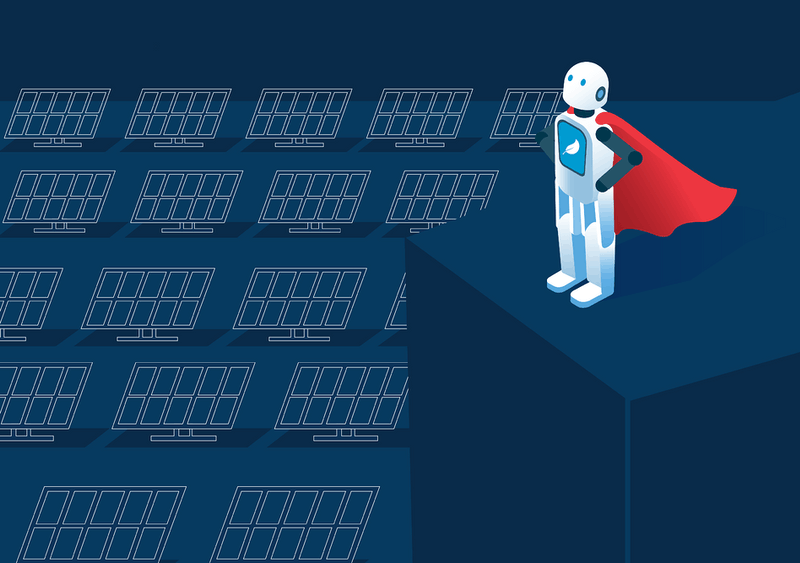
Robotics is set to explode as an industry creating wealth, jobs and innovation. But its real impact will be in the way it transforms our world. Robots will allow us to do things way beyond our current capabilities. Developments in technology and a restructuring of the industry, as outlined in previous blogs, are coming together to make this happen now. We can expect a significant acceleration of the contribution of robots and the robotics industry in the next decade.
Impact beyond the numbers
Market research suggests the global robotics market will see annual compound growth rates of 17% over the next 5 years reaching a value of $150 billion by 2025. Unit sales of robots are estimated to reach 26 million per year by 2024. But the real impact will be in what those robots can do. Working as an efficient ecosystem, leveraging standardised solutions to common challenges, the robotics industry will produce highly capable robots at prices that will challenge our concepts of what is possible.
Imagine transforming hundreds of square miles of inhospitable terrain into a highly efficient solar electricity plant capable of powering a whole city. These next-generation infrastructure projects are already on the drawing board. They are too expensive to build and maintain with human labour alone, but groups of highly autonomous, reliable and robust robots could build and manage such a facility at a fraction of the cost and much faster than human workers. That is truly transformative – especially if these facilities can deliver cheap, clean power to cities and towns that currently have only unreliable electricity generated by dirty coal or even petrol generators.
Cheap, reliable autonomous robots could be deployed to do many other tasks that are dangerous, onerous or just too expensive to deliver with people alone. For example; inspection and maintenance robots that can cover the huge expanse of transport infrastructure; farmer robots that can tend acres of hydroponically grown crops in vast indoor climate-controlled warehouses; recycling robots that can scour landfill for reusable or recyclable materials; or even care robots that can monitor, assist and provide essential services to elderly people 24/7.
Overcoming real threats
This is the promise of the robotics industry. I believe that robots are our best hope of overcoming the real existential threats to our world – global warming, scarce resources and aging populations among them. At SLAMcore we are ready to lead the industry in helping to deliver on this vision. All of us believe in the potential of robots to dramatically and positively change the world we live in and are focused on catalysing the industry to deliver on this opportunity.
Our products will massively lower the barriers to entry, allowing agile, innovative players to create new solutions to pressing problems. We are already putting our collaborative development approach into practice. We have six pilots with robotics leaders around the world. Our pilots are integrating SpatialAI solutions into robots that will transform hospitality, industrial cleaning, and warehouse applications. Trials of our technology are already ongoing in the US, Singapore, Taiwan, Japan, South Korea and the UK.
In each case we are helping our partners to focus on surmounting the other challenges they face in their specific robot application by giving them confidence that the Spatial AI elements are in place. The specialised, but varied opportunities we offer at the heart of this new revolution in robotics mean we are attracting both talent and investment. With passionate people deploying their skills and knowledge plus decades of commercial experience in cutting edge projects, we are building a product that has the potential to not only transform the whole robotics industry, but the world in which we live.
Pioneers
I believe SLAMcore is a pioneer, not just in creating Spatial AI to help robots navigate, but in creating an industry that is focused on fair competition, ethical decisions and delivering social value. We value our role as part of a supply chain that benefits everyone; helping innovative developers get their solutions to market faster; and lowering the overall cost of robotics so they can be more widely used. As such we understand that we have a responsibility to show leadership and define what should be done not just what can be done. As a result we have made firm commitments not to work with military organisations, and to avoid customers whose product will create social harm.
